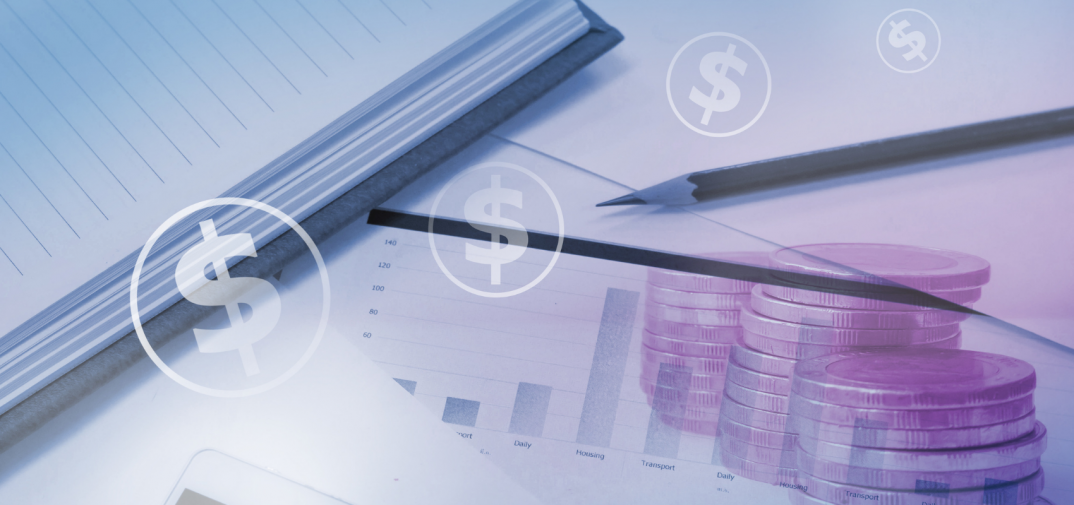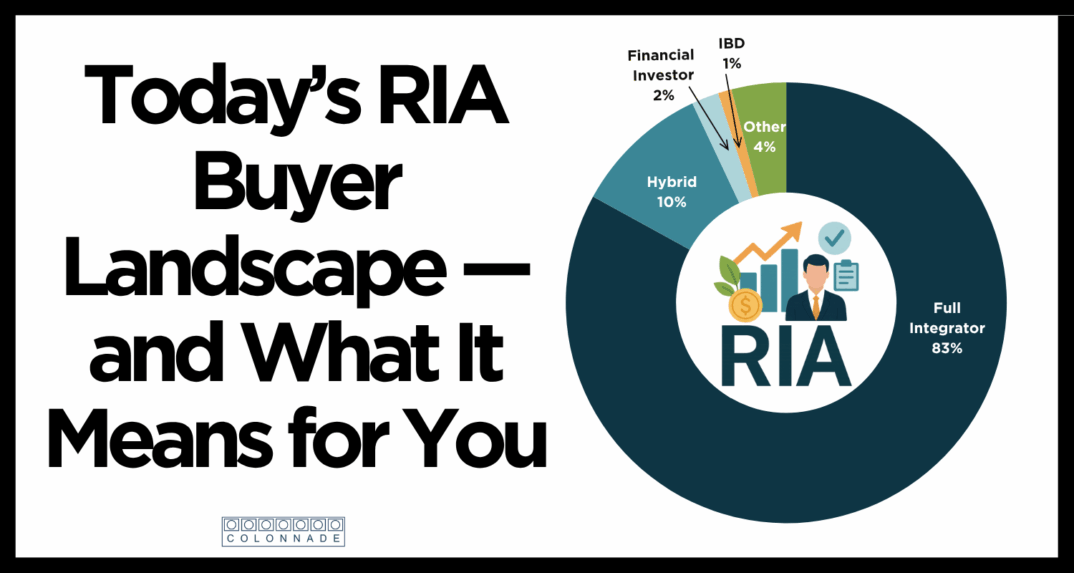Auto-related M&A Today & Tomorrow

Colonnade’s CEO and Managing Director Gina Cocking was interviewed by Nick Zulovich of the Auto Remarketing Podcast.
Colonnade Advisors has deep experience in the automotive dealership services industry. Gina has appeared on the Auto Remarketing podcast in the past. Hear her on a previous episode.
In this most recent interview, Gina and Nick cover the following questions:
- What was the auto-related M&A landscape in the past 12-18 months? (2:00)
- What does the future look like for auto-related M&A? (4:30)
- What can companies focus on today to drive increased value and valuations? (8:00)
What was the auto-related M&A landscape in the past 12-18 months? (2:00)
Gina: 2021 was a hot market in auto-related M&A. We saw 640 dealerships that traded hands.
There were ~550 auto tech companies that were either founded or acquired, and that’s in broadly defined auto technology. In the F&I sector, there were 20+ F&I agencies that sold and approximately five F&I administrators that sold.
In auto finance, we had some big deals: Stellantis acquired First Investors, Vroom acquired United Auto Credit, and Exeter was acquired by Warburg. All those deals were happening at a fast clip. The valuations were really high, and it was all being fueled by the fact that there was a lot of private equity money out there. Back in 2021, debt was pretty inexpensive.
In 2021 we saw a lot of activity that was driven by concerns around the tax law changes. Founder owners of companies were selling because they didn’t want to get caught in a higher capital gains rate environment. This year, we have companies that have done really well coming out of the pandemic, and they’re looking to take some of their chips off the table.
What does the future look like for auto-related M&A? (4:30)

Gina: 2022 has seen some big changes. There’s a war going on. Inflation was announced this morning at eight and a half percent year over year.
Private equity is triggering a lot of the M&A. There’s 827 billion in private equity dry powder. Last year, PE firms raised over $300 billion in private equity capital. That all has to be put to work.
Private debt funds raised $190 billion last year. All that money is sitting on the sidelines and has to be put to work.
War and inflation may impact valuations. PE firms may be more selective about the deals that they do, but deals are still going to happen.
We have sellers that are out there. We have M&A that’s being driven overall by companies that are buying smaller companies, almost like lucrative employment agreements.
Unemployment is so low, that employers are having to work really hard to find people right now.
We’ve lost some of our best and brightest workers. During the pandemic, one million extra retirees retired. These were people that we didn’t expect to retire that took early retirement. They had great skills and knowledge.
We also see acquisitions that are happening to fix supply chain issues. We are seeing more companies that are looking for onshore manufacturing and onshore services.
Overall in the automotive sector, we at Colonnade believe that M&A activity will continue to happen.
What can companies focus on today to drive increased value and valuations? (8:00)
Gina: Three categories: margins, reputation, and scalability.
1. Margins. Companies need to focus on their margins, not just their bottom-level profit.
Dealerships had an incredibly profitable 2021. I don’t think it’s sustainable. The revenue per vehicle is at an all-time high. Dealerships now are facing higher interest rates. Delinquencies are starting to take up. Inflation’s going to catch up with them.

Once dealers no longer have the ability to make as much profit per vehicle, they’re going to ask the question, what can I do to enhance the profit margin? This is where technology improvements can really enhance overall margins and create greater efficiencies in the dealerships.
We’re going to see companies that provide auto-related services becoming more valuable as they become more necessary to dealerships.
Companies need to focus on their marginal dollar. What does it cost to get the next customer in the door? Sometimes customers come in for $100 a pop, other times, $1,200. What does it take then to get the next 10 customers? Is it $1,000 per customer?
When you put two companies side by side in an industry, and one has higher margins than the other, chances are that company will be worth more.
I’m going to caveat that. Sometimes there are reasons why the margins are higher. For example, a company could have one customer that represents 60% of sales, and that customer pays out-sized prices to lock up the company. That’s a lot of concentration risk and that will push down the margin. But generally, when two companies are operating the same way and one has higher margins, that will be worth more.
2. Reputation. Within the industry, what is the company’s reputation with customers, employees, and competitors?
A lot of reputation is based on customer experience. Small companies often don’t pay enough attention to the full customer experience. They may only pay attention to the customer experience at the point of sale, but what about within customer service? What about a company’s vendors that touch your customer? What is the customer experience like that? Any touchpoint to the customer is part of the customer experience and needs to be closely monitored.
Reviews can impact value. With the internet, everybody posts their thoughts on everything.
Buyers look at the BBB ratings. These all impact valuation.
3. Scalability. In order to grow, companies must become scalable.
When a buyer buys a company, 90% of the time, they’re buying a company because they believe there are synergies with that company.

If the buyer is a PE firm, they expect that company to grow. To grow means becoming scalable.
I came across a great book on scalability by professor John List of the University of Chicago, called The Voltage Effect.
He points out that products and people are not inherently scalable.
Products aren’t scalable because of the users. When a product is developed, you would like to think that everybody using the product is a Mr. Spock from Star Trek. Swervingly rational, but we’re all more like Homer Simpson. We’re all more of the village idiot, and we’re going to screw up using the product.
People aren’t scalable. We see that companies, when they’re small, are very profitable because they have this Uber team that is the best and brightest. But then how do you scale to 5, 10, 15, or 20 times? Companies need to be built around the average person. All too often, it’s really hard to find companies that start small with average people and then think they can stay at that level.
Colonnade Securities is a leading investment banking firm that has completed over $9 billion in M&A transactions for clients in the business and financial services industries.
Our firm has deep expertise in the automotive F&I industry and has advised many companies in the sector on strategic transactions. Please see our Quarterly Updates on the F&I industry here.

